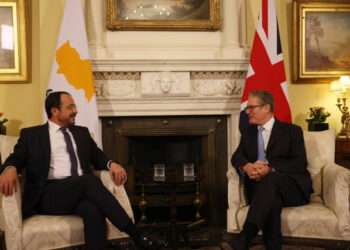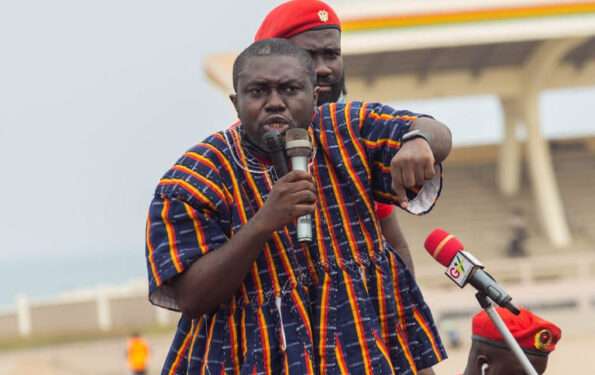The UK government is facing mounting pressure to allow young adults from the European Union to live and work in the country under a youth mobility scheme. The proposal, which has become a focal point in EU-UK relations, is set to be discussed during the first EU-UK summit in 2025.
This scheme would permit individuals aged 18 to 35 to move and work freely between the UK and EU nations for up to two years, mirroring similar agreements the UK already has with countries like Australia and Japan.
Despite this, Downing Street has consistently ruled out such an arrangement, insisting it will not be considered.
However, senior EU officials are determined to revisit the issue. European Commission President Ursula von der Leyen is expected to advocate for the proposal during discussions with Prime Minister Sir Keir Starmer.
These summits are part of Starmer’s broader plan to reset the UK’s relationship with the EU after years of post-Brexit friction.
German ambassador to the UK, Miguel Berger, has confirmed that the youth mobility scheme will be included in the summit’s agenda, alongside other topics aimed at strengthening EU-UK ties. “There will be many things on the agenda,” Berger said, citing discussions on the Erasmus student exchange programme and a proposed security pact.
The Erasmus programme, which facilitates student exchanges across Europe, was abandoned by the UK government during the Brexit negotiations. Berger noted that its reinstatement will be part of broader talks aimed at fostering cooperation between the two sides.
“The security pact, cooperation on a wide area of topics, and also the question of Erasmus will be back on the table,” he added.

Government Resistance Faces Growing Scrutiny
Although Starmer has ruled out rejoining the EU, he has pledged to “make Brexit work” by renegotiating aspects of the deal crafted by Boris Johnson.
His strategy focuses on enhancing cooperation in defence, security, and trade without crossing established red lines.
Despite Downing Street’s firm stance against a youth mobility scheme, there are signs of potential flexibility.
European affairs minister Nick Thomas-Symonds recently hinted that the government may consider proposals from the EU. “It’s for the EU to finalise proposals it wants to put on the table. It depends on what precisely you mean by youth mobility,” he said during a meeting with the Lords’ European affairs committee.
In response to inquiries about specific arrangements like school trips, No. 10 reiterated its openness to bilateral discussions.
The proposed youth mobility scheme has emerged as a symbolic issue in the broader effort to reset EU-UK relations.
Advocates argue that it would benefit both sides by fostering cultural and economic ties, particularly among younger generations.
Critics, however, remain wary of any perceived backtracking on Brexit commitments. As the 2025 summit approaches, the outcome of these discussions will likely shape the trajectory of EU-UK relations for years to come.
READ ALSO: Mahama Promises NDC Will not Misuse Majority in Parliament





















